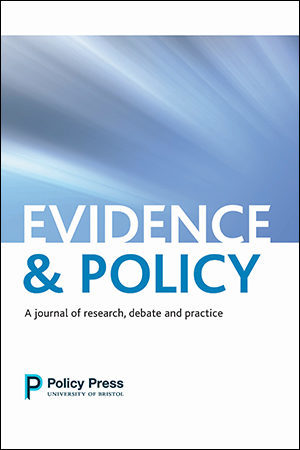
Why we must work toward a recognised international standard in evaluation of upstream interventions
The COVID-19 pandemic has increased interest in Universal Basic Income (UBI) as a means of addressing a range of socio-economic insecurities. While previous trials of cash transfer schemes have often focused on low-level transfers inadequate to satisfy the needs for which the policy was originally developed, emerging pilots are moving toward a position of increasing generosity. Our multidisciplinary project, Examining the Health Case for UBI, has brought together colleagues in behavioural science, public health, epidemiology and economics to establish pathways to health impact.

Universal Basic Income During the Coronavirus Pandemic
The COVID-19 Pandemic is projected to cause an economic shock larger than the Global Financial Crisis of 2007/2008 and a recession as great as anything seen since the Great Depression in 1930s. The social and economic consequences of lockdowns and social distancing measures, such as unemployment, broken relationships and homelessness create potential for inter-generational trauma extending decades into the future. In the absence of a vaccine, governments need to introduce Universal Basic Income (UBI) as a means of mitigating this trauma.

Measuring the health impact of Universal Basic Income
In 2019, we reviewed Universal Basic Income (UBI) trial design and findings in comparison with the social gradient in health literature and biopsychosocial theory to identify knowledge gaps. The findings highlight a need to refocus UBI trials on improved health, including via reduced stress, to provide policy makers the means of producing accurate cost-benefit analysis. Previous trials have either not reflected likely UBI policy or failed to measure impacts that enable accurate analysis.